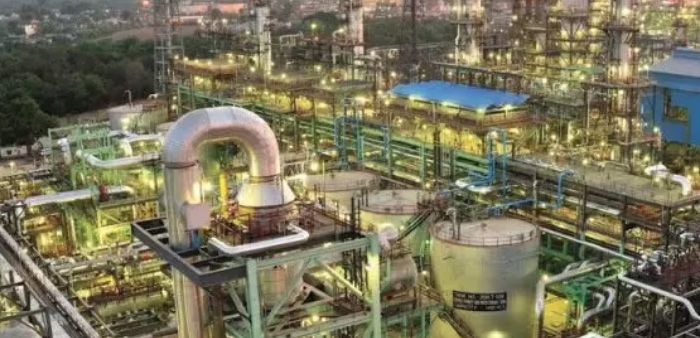Bhubaneswar: While geographically distant from the escalating tensions between Iran and Israel, the eastern Indian state of Odisha is bracing for significant indirect economic impacts, primarily driven by potential surges in global crude oil prices and disruptions to international trade routes. Experts warn that the conflict could exacerbate inflationary pressures and affect various key industrial and agricultural sectors in the state.
The core of the concern lies with the Strait of Hormuz, a critical chokepoint through which approximately 20% of the world’s oil supply passes. Any severe escalation, particularly one that threatens this vital shipping lane, could trigger a sharp increase in crude oil prices, with some analysts predicting a jump to $120-$130 per barrel or even higher. As a major oil-importing nation, India is highly susceptible to such fluctuations, with 60-65% of its crude imports transiting through the Strait of Hormuz.
For Odisha, the consequences would be multifaceted:
- Soaring Fuel Costs and Inflation: A rise in global crude prices directly translates to higher petrol and diesel costs across India, including Odisha. This, in turn, inflates transportation expenses for goods and services, contributing to broader inflationary pressures. Odisha has already been grappling with elevated inflation, and a further spike in oil prices would intensify the burden on consumers and businesses.
- Impact on Industries: Odisha’s burgeoning industrial landscape, with significant investments in sectors like petrochemicals, steel, aluminium, and other manufacturing, heavily relies on energy and raw materials derived from oil and gas. Increased operational costs due to higher fuel and feedstock prices could squeeze profit margins, potentially affecting the viability of ongoing and planned projects. The state’s ambitious plans to develop a petrochemical hub, aimed at reducing imports, could face headwinds from volatile international oil markets.
- Agricultural Sector Strain: The agricultural sector, a cornerstone of Odisha’s economy and a major employer, would also feel the pinch. Higher diesel prices directly impact farming activities, from powering machinery to transporting produce to markets, leading to increased production costs for farmers and potentially higher food prices for consumers.
- Trade and Investment Outlook: Beyond direct energy costs, a prolonged conflict and heightened geopolitical instability could disrupt global supply chains, leading to increased freight and insurance costs for international trade. Odisha exports a range of products, including minerals, metals, and agricultural goods, to various global markets. Such disruptions could impede export growth and affect the state’s attractiveness as an investment destination amid broader economic uncertainty.
While Odisha’s direct trade ties with Iran and Israel may not be extensive, the ripple effect through global commodity markets and maritime trade routes is undeniable. The state government and industries will need to closely monitor the situation and develop strategies to mitigate these potential economic headwinds. The interconnectedness of the global economy means that even distant conflicts can cast a long shadow over local economies.


